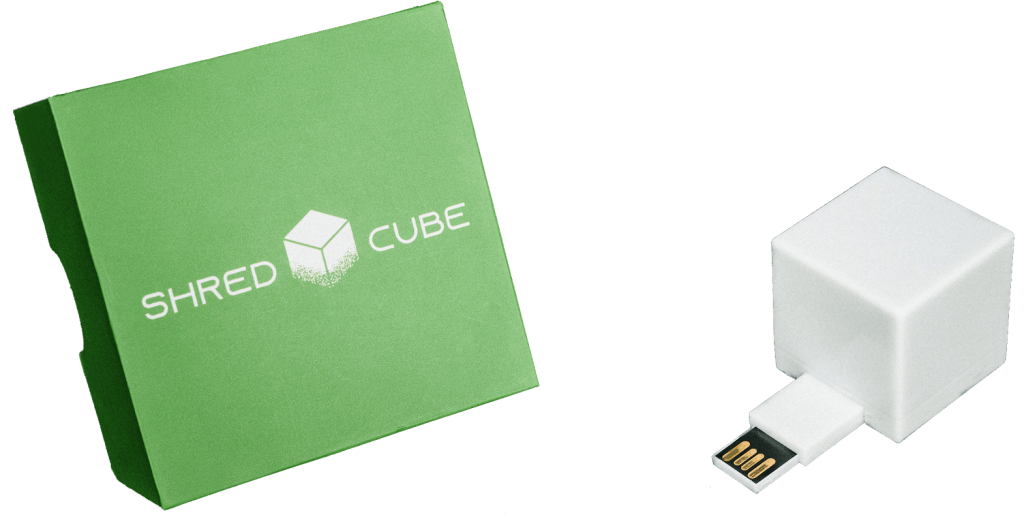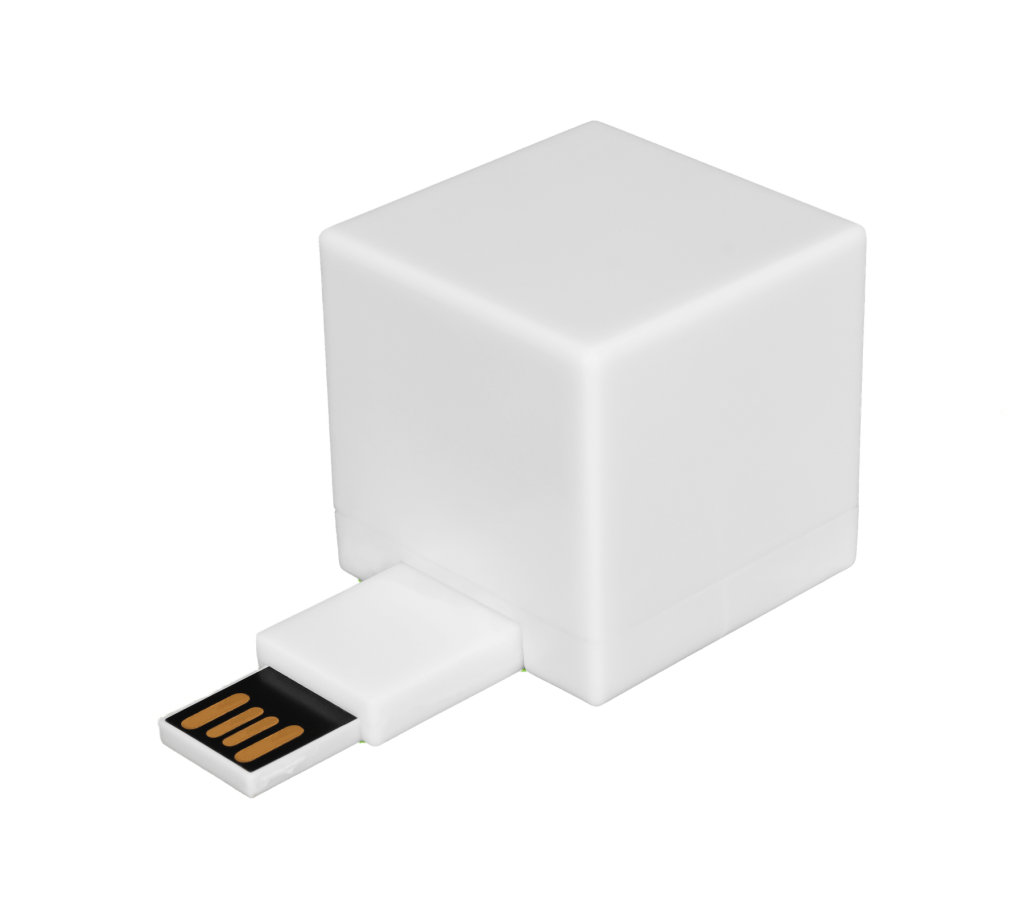All electronics are at risk of overheating, but laptops are especially vulnerable because their components are packed tightly without a lot of room for airflow. Overheating can prevent your laptop from working correctly, and in a worst-case scenario it can cause a complete breakdown.
This guide is designed to give you the knowledge you need to protect your laptop from overheating. It explains the risks of a laptop overheating and provides tips on how to avoid letting your laptop get too hot.
Why You Need to Prevent Laptop Overheating
An overheating laptop is more than just an inconvenience. Overheating can be a danger to both you and your laptop. Here are some of the most severe risks of laptop overheating:
Reduced Functionality
Your laptop cannot work properly if it’s too hot, and it will slow down, just like an overheated person or animal will slow down. A hot processor, in particular, will cause your operating system to run more slowly.
Battery Damage
Batteries that get too hot won’t work properly. They may stop holding a charge as long, or they may need to be replaced, which can often cost almost as much as replacing the entire laptop.
Hardware Failure
The components in your laptop are primarily metal and plastic, and if these elements get too hot, they are likely to fail. The failure of significant components can cause your laptop to stop working.
Loss of Information
Laptop overheating that leads to a hardware breakdown can cause you to lose any information stored on your laptop’s hard drive. Mitigate this risk by taking steps to avoid overheating, but also remember to always back up data on an external hard drive or in the cloud.
Heightened Risk of Male Infertility
Sitting with a laptop on your lap will heat up your body, and research shows that this heat can affect male fertility. Men who use laptops may want to avoid placing them in their laps, even if they use a cooling pad.
Risk of Burns
Most overheating laptops will not burn the user, but you should still be aware of the risk. Sony had to recall numerous laptops because their overheating was causing the keyboards and the cases to deform in a way that appeared to create a significant burn risk for users.
Buying a new battery or even replacing your laptop can be a time-consuming pain, but the costs associated with an overheating laptop can be even more severe. Most laptops are programmed to shut down when they overheat, but if this safeguard fails, the risks increase significantly. Faulty laptops have even burned down houses.

How to Prevent Laptop Overheating
There are several steps you can take to avoid laptop overheating. Use these tips proactively. Don’t wait until your laptop feels hot to implement them — by then, it could be too late.
1. Keep the Fans Clean
Dirt, dust, and grime can build up on the blades of your laptop’s fans and prevent them from rotating properly. Keep your fans as clean as possible. Use canned air to dust them if you notice your laptop overheating often or you hear the fans making loud noises.
2. Make Sure the Laptop Gets Ventilation
Your laptop needs ventilation to work properly. Avoid using your laptop on overly soft surfaces such as sitting on your bed or resting on a pillow on your lap. Keep your laptop on a flat surface so it’s slightly elevated rather than sunk into a surface.
You may want to use a laptop cooling pad. These are slim pads that hold the laptop slightly above the surface where it’s placed, and they sometimes feature built-in fans.
3. Control the Fan Speed
Controlling the fan speed lets you keep your laptop as cool as possible. You can increase the fan speed proactively if you’re worried about overheating — for instance, if you have to work in a hot room temporarily, you may want to crank up the fans. You can also reduce the speed as needed if your fans are being too noisy.
4. Don’t Overwork Your Laptop
Running an excessive number of programs can overwork your machine and lead to laptop overheating. A sign that you’re overworking your laptop is if the fan kicks into high gear as soon as you try to open a new program or use a particular function.
Try minimizing the number of programs you have open, and if that’s not possible, you may need to invest in a laptop with a bigger capacity. Failing to clean your hard drive of excessive unused files also forces it to work harder. There are programs that can help you check your laptop’s temperature at different times if you want to investigate how certain functions affect your device’s speed.
5. Avoid the Heat
You also need to avoid the heat. This tip may seem obvious, but it can be easy to overlook. Say you’re using your laptop to listen to music outside — you need to set it up in the shade and not right in the blazing sun. You may also need to move the laptop as the sun moves and the shade shifts.
Make sure you also keep the temperature in mind when using your laptop inside or storing it somewhere. Hot cars, in particular, can be a dangerous place to store a laptop.
You can easily avoid laptop overheating if you keep these tips in mind. Watch for signs of laptop overheating and adjust your usage immediately if you notice any issues.
Contact Shred Cube for Help With Your Digital Security
A hard drive overloaded with old files can make your computer work harder, and that can be the tipping point that causes it to overheat. Shred Cube protects your computer and your digital security with a device that securely shreds digital files. This goes beyond the normal deletion process, which doesn’t completely remove old files from your laptop — it puts them in a place where you can’t find them, but hackers can still access the data.
Our device lets you delete these files permanently, protecting your security and helping your machine run smoothly. Contact us at Shred Cube today to learn more about how our USB-based solution can help you.












